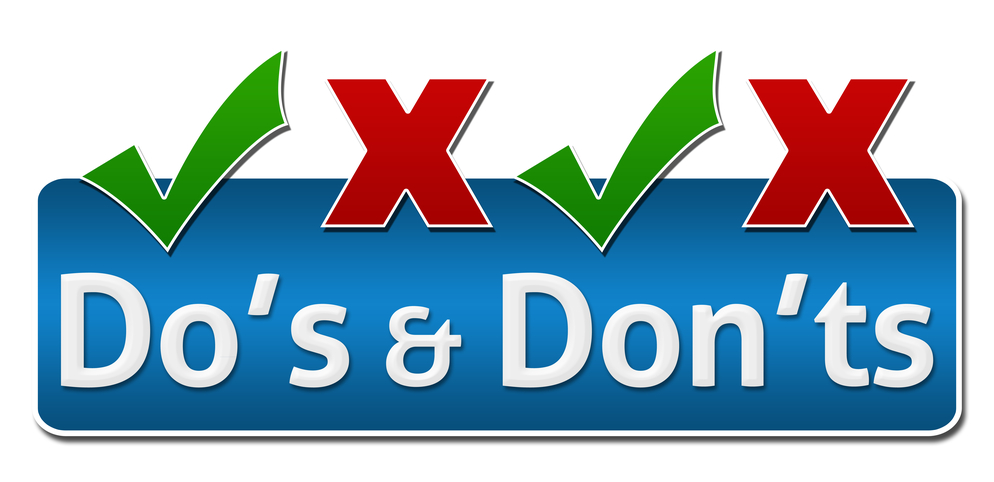Bad Policy
Shawnee Love •
September 23, 2016
Last week, I spoke about the importance of a well laid out policy to explain how leaves are handled. Not only will employees appreciate having a document which tells them what to expect, but I find managers also appreciate the reminders on the next steps, particularly if they don’t have an HR resource to draw on.
Now I want to clarify what I mean by well laid out policy. Because writing down a bad policy is worse than having no policy at all. You can recognize a bad policy because it may be unclear, unfair, illegal, confusing, inconsistent, unethical, or simply lacking a point.
Let me give you a non HR example:
My yoga studio announced it is closing down. It arbitrarily decided that no refunds would be given on punch passes that were purchased more than 3 months earlier. I happen to own one of those passes (purchased more than 3 months ago) which I have barely used. At the time of purchase, the owner told me the punch pass would never expire. However, they are closing, I can’t use it once they are closed, and they are keeping my money.
I argue its a bad policy not just because it negatively affects me, but also because I think it is unethical and unfair.
I see bad HR policies all the time. Some of the worst policies treat people differently based on:
- family status- e.g., a policy where the company pays for 100% of the benefits for staff as long as they are individuals rather than family.
- age- e.g., a policy where the company educates young workers but refuses to put money into anyone over 50 even if requested, or
- gender- e.g., a practice (which is just an unwritten policy) of allowing women to make sexual jokes and comments, but males get written up for the same type of thing.
But you can have a bad policy which just screws everyone over or fails to say what it is there to do. And all these problems are just with the articulation of the policy, not the execution and follow through by the company which is a whole other way a policy can be messed up.
For most people management purposes, a good policy is one that is written down and is:
- Clear,
- Realistic,
- Ethical,
- Legal,
- Fair, and
- Applied consistently.
Do you have examples of good policies? Or ones gone totally awry?





